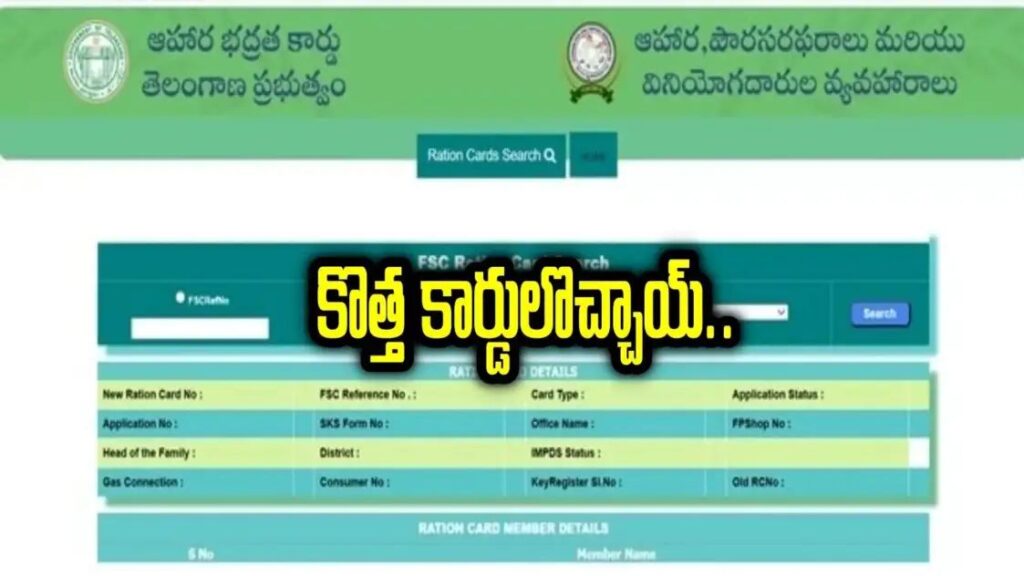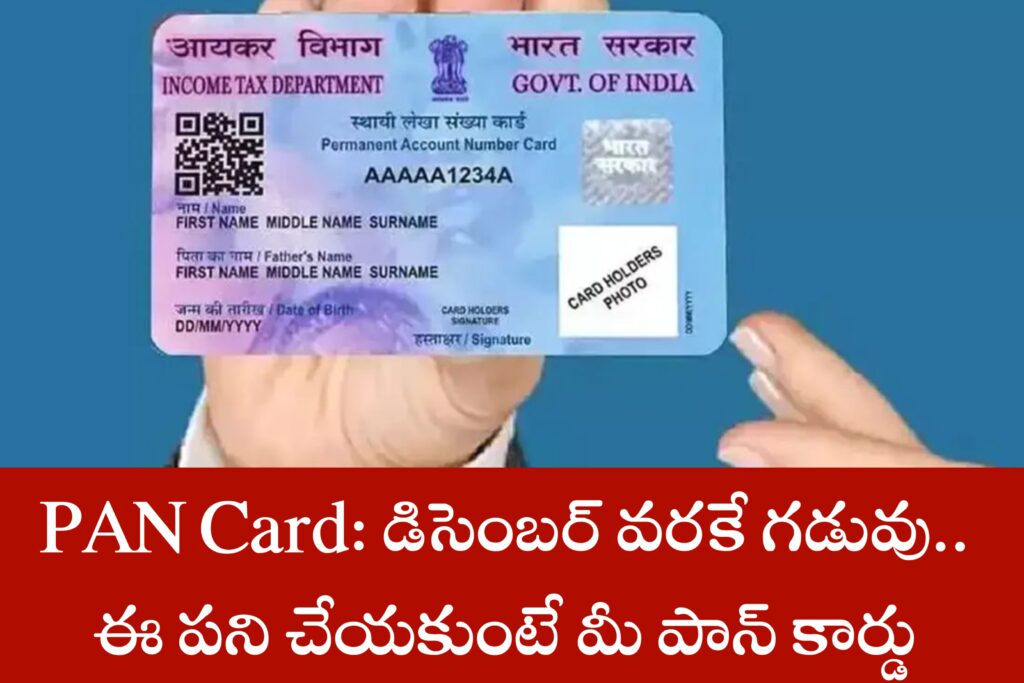Important Factors to Consider When Taking a Loan on a Credit Card
WhatsApp Group
Join Now
When considering a loan on a credit card, several factors need to be carefully evaluated to make an informed decision. Below are the key aspects to keep in mind:
1. Interest Rate
- Importance of Checking Interest Rates: The most crucial aspect to consider when taking a loan on a credit card is the interest rate. This rate determines how much extra you will pay over the principal amount borrowed.
- Comparison with Personal Loans: Generally, the interest rates for credit card loans are similar to those applicable to personal loans. However, they can vary significantly from one bank to another.
- Bank-Specific Rates: Each bank offers different interest rates for credit card loans. Therefore, it’s essential to compare the interest rates offered by various banks. Opt for a loan on a credit card that has the lowest interest rate to minimize the cost of borrowing.
2. Processing Fees
- Understanding Processing Fees: Banks typically charge processing fees when you take a loan on a credit card. These fees are one-time charges that are deducted from the loan amount before disbursement.
- Variation Across Banks: The processing fees can vary significantly from one bank to another. In general, these charges range from 1% to 5% of the loan amount for personal loans.
- Comparison of Charges: It’s advisable to compare the processing fees across different banks before choosing where to take your loan. This will help you avoid excessive charges and make the most cost-effective choice.
3. Loan Tenure
- Flexibility of Repayment Period: Credit card loans offer a considerable amount of flexibility in terms of the repayment period. You can choose a loan tenure that suits your financial situation.
- Options for Repayment: Typically, the repayment period for credit card loans ranges from a minimum of 6 months to a maximum of 36 months. Depending on your convenience, you can select an EMI option that aligns with your budget and repayment capacity.
4. Prepayment Options
- Early Loan Closure: One of the benefits of credit card loans is the option to prepay and close the loan before the tenure ends. This can save you money on interest payments.
- Lock-In Period and Charges: However, some banks may impose a lock-in period before you can prepay the loan. Additionally, there may be prepayment charges involved. Be sure to check the prepayment terms and conditions with your bank before proceeding.

5. Consequences of Non-Payment
- Impact on Credit Score: Failing to pay the EMIs on your credit card loan can have serious consequences. You may be marked as a defaulter, which will negatively impact your credit score.
- Future Borrowing Difficulties: A poor credit score can hinder your ability to take out future loans or even obtain a top-up loan on your existing credit card. It’s crucial to ensure timely payments to maintain a good credit history.
By thoroughly evaluating these factors—interest rate, processing fees, loan tenure, prepayment options, and the consequences of non-payment—you can make a well-informed decision when taking a loan on a credit card. This approach will help you manage your finances better and avoid potential pitfalls.







